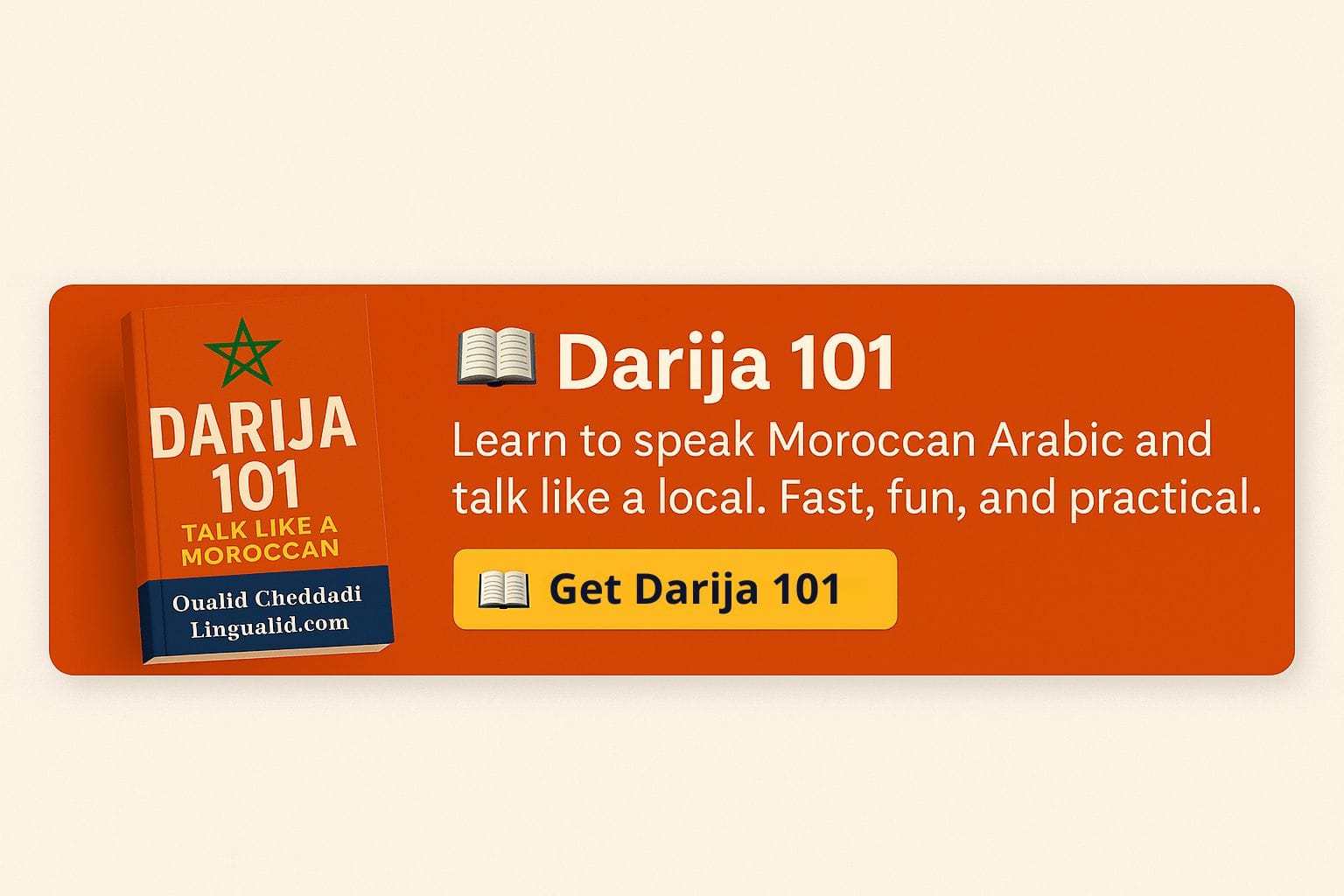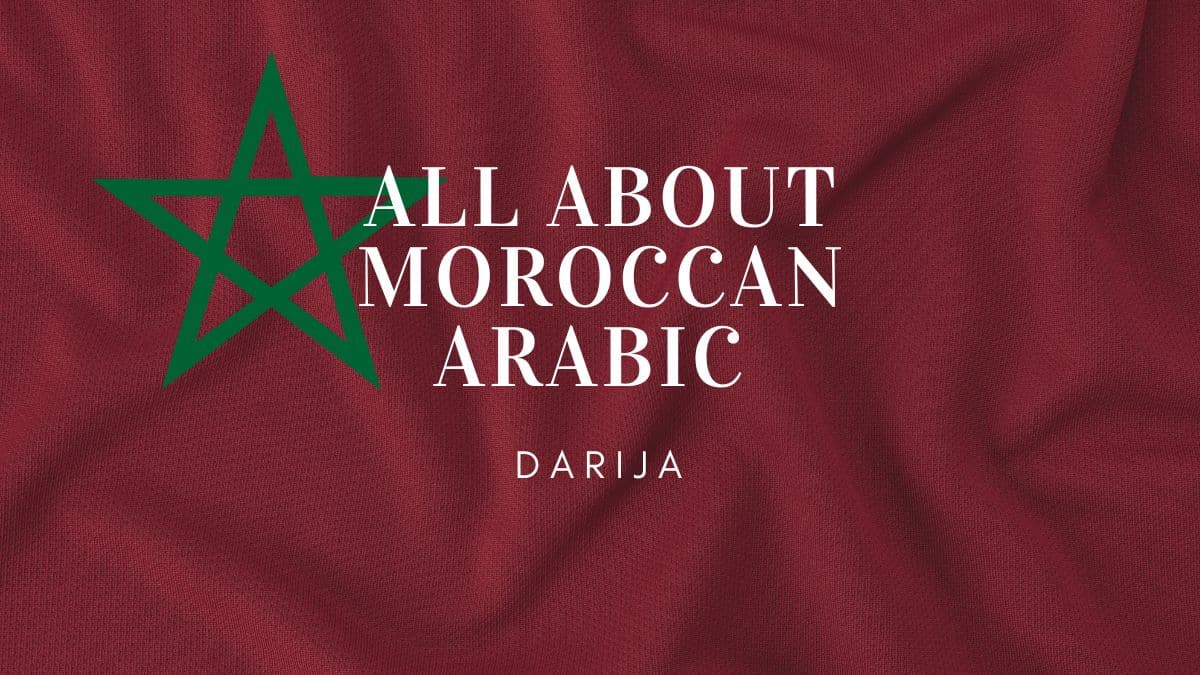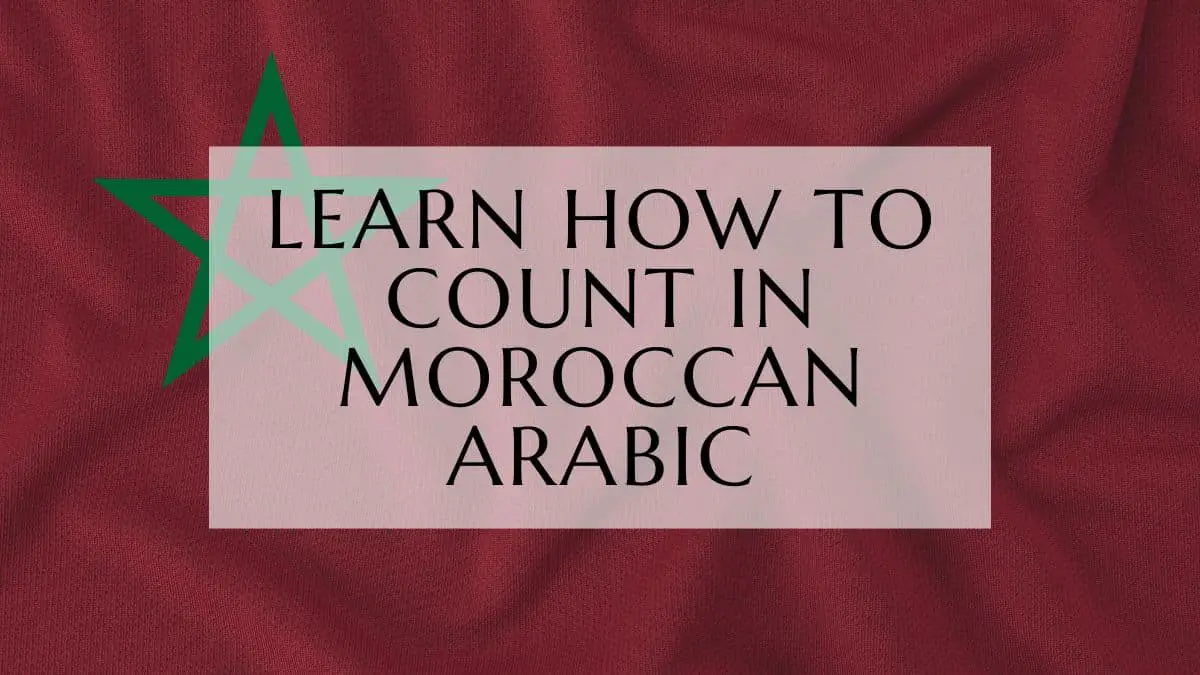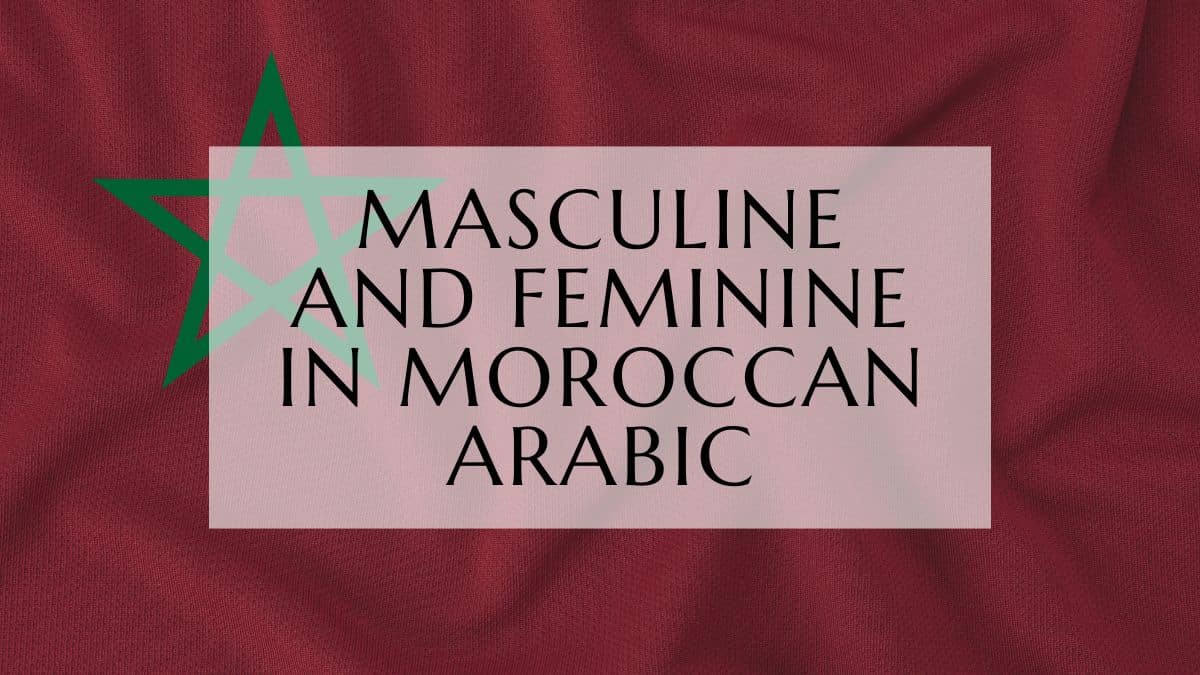Friendship adds fun, kindness, and love to life, making it better. Why not surprise your friends with different words for “friend” in Moroccan Arabic?
This article will show you many ways to call your friends in Moroccan Arabic. You’ll learn common words, regional terms, and Moroccan Arabic slang. Knowing these can make talking with friends easier and grow your Moroccan Arabic vocabulary.
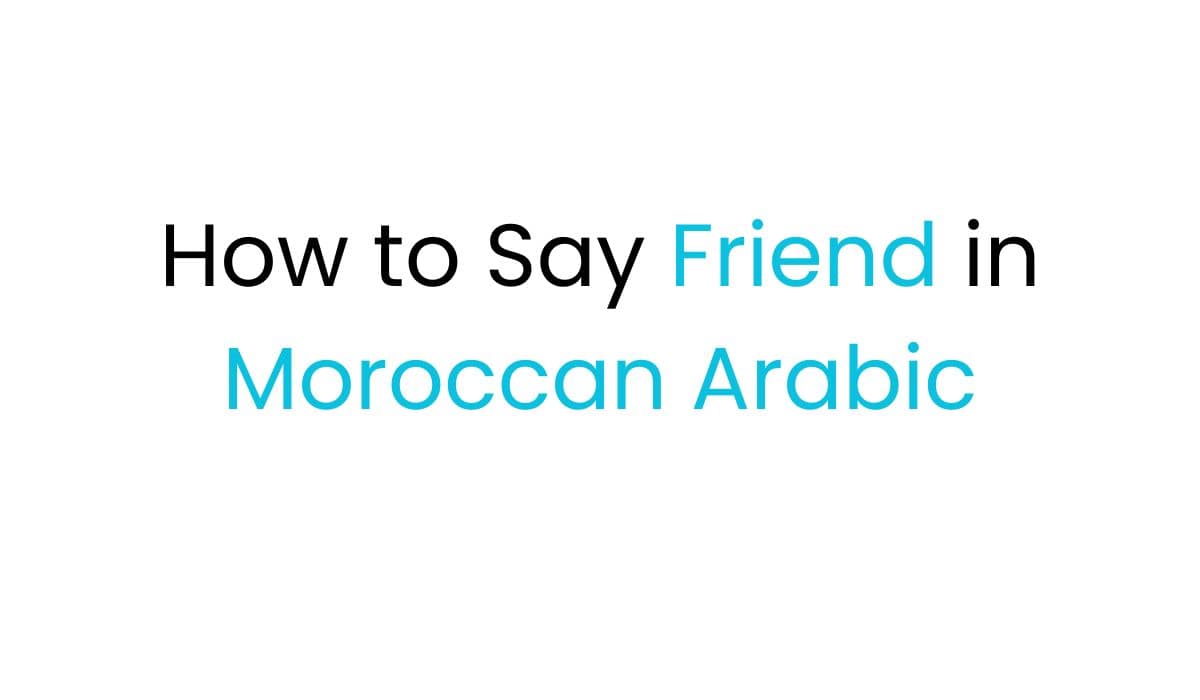
Common Moroccan Arabic Words for Friend
In Moroccan Arabic, صاحب (saahb / friend) and صاحبة (saahba / friend) are the top words for friends. صاحب (saahb) is for men, and صاحبة (saahba) is for women. For groups, use صحاب (s’hab / friends) for any mix, and صحابات (s’habat / friends) for just women.
Calling someone your عشير (3shir / best friend) or عشيرة (3shira / best friend) means they’re more than just a friend. It shows they’re your best friend. This means you share a deeper connection.
| Moroccan Arabic Term | Meaning |
|---|---|
| صاحب (saahb) | Friend (masculine) |
| صاحبة (saahba) | Friend (feminine) |
| صحاب (s’hab) | Friends (all-male or mixed group) |
| صحابات (s’habat) | Friends (female-only group) |
| عشير (3shir) | Best friend (masculine) |
| عشيرة (3shira) | Best friend (feminine) |
Slangs for Friend
Knowing these expressions can make talking with locals easier and sound more natural.
خويا / ختي
In Morocco, خويا (khoya / brother) and ختي (khti / sister) mean more than just family. They’re used to talk to close friends. This shows a deep connection and a sense of chosen family.
عشير / عشيرة
عشير (3shir / best friend) is also a slang for a close friend in Morocco. It’s often used for those who have been through a lot together. The feminine form, عشيرة (3shira / best friend), is for a female friend.
Using Moroccan Arabic slang can help you connect with Moroccan Arabic-speaking friends. It makes casual conversations in Morocco easier. Knowing when and how to use these terms can make you sound more like a local.
Other Relationships in Moroccan Arabic
In Moroccan Arabic, there are special words for relationships that are not as close as friends. These words mean you know someone, but it’s not a deep friendship. معرفة (m3rfa / acquaintance) and زميل / زميلة (zamil / colleague) are two examples.
معرفة
معرفة (m3rfa / acquaintance) mean you know someone, but it’s not a close bond. You might meet them at work, school, or social events. Your connection with them is casual and not very deep.
زميل / زميلة
زميل (zamil / coworker) and زميلة (zamila / coworker) are for a coworker or classmate. They show a sense of teamwork and respect, but not a close friendship. These words are often used in work or school settings.
| Term | Meaning | Example |
|---|---|---|
| معرفة (m3rfa) | Acquaintance | هي معرفة ديالي من الخدمة. |
| زميل / زميلة (zamil / zamila) | Coworker / Classmate | زميلي ديالي فالقسم عاونني فالبروجي. |
These Moroccan Arabic terms help us talk about relationships that are not just friends. They let us be clear about how well we know someone. This makes it easier to understand the level of connection between people.
| word | transcribed | meaning |
| صاحبي | sahbi | my friend (male) |
| صاحبتي | sahbti | my friend (female) |
| صحابي | s’habi | my friends (male) |
| صحاباتي | s’habati | my friends (female) |
| عشيري | 3shiri | my friend (male) |
| عشيرتي | 3shirti | my friend (female) |
| عشراني | 3shrani | my friends |
Conclusion
The Moroccan Arabic-speaking world is full of words and slang for friendship. These words show how much friends mean to people in these cultures. Words like صاحب (saahb) and عشير (3shir) show the many ways we make and keep close friends.
Learning about Moroccan Arabic vocabulary and Moroccan Arabic slang for friendship helps us understand the language better. It also shows us the lively social life in Moroccan Arabic-speaking areas. Using these expressions can make our friendships stronger and our relationships more real.
As we end this look into Moroccan Arabic vocabulary for friendship, we see something important. The words we use to talk about our friends reflect our culture and community. By using this diversity, we can build deeper connections. And we can see the true value of friendship everywhere.
Oualid Cheddadi is the founder of Lingualid, a platform that inspires independent language learners worldwide, regardless of the language they are learning. The name “Lingualid” is derived from the Portuguese word for “language,” “língua,” and the last three letters of Oualid’s name, “Lid.”

